I was about 11 or 12 when I first played the song “Seven Nation Army” with my summer rock-band camp. I beat the shit out of that bass drum. That’s probably the most well-known drum beat that anybody can play – if you can tap your right foot 8 times in a row, you can play most of “Seven Nation Army”. The sheer iconicness of that song aside, Jack White is undoubtedly one of the best creative minds of this generation of music. Did Jack White save rock music? Maybe. He’s a virtuoso guitar player, an excellent singer, and a brilliant writer. The White Stripes made him famous, but I liked his later projects (The Raconteurs, The Dead Weather, and his solo career) more, and I think that’s because I never really took the time to listen to The White Stripes’ whole catalogue. I think “Blue Veins,” from The Raconteur’s 2006 album Broken Boy Soldier, is my favorite Jack White tune (it’s just a perfect song – really brings out the Robert Plant “Since I’ve Been Loving You” sound). My next favorite is “I Cut Like a Buffalo” from The Dead Weather’s 2009 album Horehound (it has a funk swagger to it that is insane). The blues influence found on “Blue Veins” mashed with the funk swag of “I Cut Like a Buffalo” is largely the foundation of Boarding House Reach’s sound. As a result, (spoiler alert) I love this album.
But there comes a time in all artists’ lives when they try to get experimental. They begin exploring new ideas, beyond those that made them famous. Jack White became known for his gritty garage rock, heavily distorted guitar lines, and unique vocal style – a sound which can be found in The White Stripes, his later groups, and his first two solo albums, Blunderbuss (2012) and Lazaretto (2014) (with added acoustic/folk influence). For his third album, he took his foundation and tried on some random instruments and sounds. It is criticized for being too experimental, and it is very experimental, but I love weird shit. Boarding House Reach starts off with a pulsing synth – already a departure from what you’re used to. Synthesizers, big old orchestral sections, electric drums, and bongos make frequent appearances.
It’s hard to talk about the album as a whole, as it drifts between sounds and genres and whatnot, so a song-by-song overview is necessary. I’ve split the album into three categories.
First, we’ve got blues. The blues-inspired “Connected by Love” sounds like a huge anthem, beginning with pulsing synths and featuring an organ solo. This style continues on the next track, “Why Walk a Dog?,” a slow jam over an electric Portishead-esque trip-hop beat. The blues (and when I say blues I’m referring to the 12/8 stereotypical blues groove) comes back on the middle part of “Respect Commander,” a heavy-headbanging song with a killer solo by White, and one more time on “What’s Done is Done,” which has the same sound as “Why Walk a Dog?” but happier (and featuring a duet with a female singer Esther Rose).
Then, there’s the hard-hitting funk. “Corporation,” “Ice Station Zebra,” and some of “Respect Commander” are heavy, brutal funk, and “Over and Over and Over” is pure blues-funk-rock and is as close to Lazaretto as White gets. These songs are best for those who aren’t too fond of the experimental stuff, which brings us to, well, all the others.
“Hypermisophoniac” and “Abulia and Akrasia” are big on the weird sounds – “Hypermisophoniac” actually has a sweet groove under the whirring synths, beeps, clicking, siren sounds, and out of place piano lines. “Abulia and Akrasia” is a spoken-word interlude that features Middle-Eastern sounding strings, grand piano flourishes, and a spaghetti Western-esque narration. Then, there’s the simple acoustic line and fantasy tale of “Ezmerelda Steals the Show” (which sounds like a poem being read over minimalist music), followed by the almost P-Funk of “Get in the Mind Shaft” (which sounds like Bootsy Collins and Bernie Worrell making sweet love to a robot… I can’t explain it). Finally, there’s “Humoresque” which is…a jazz waltz?
Overall, I really do love this album. It has some of the funkiest shit I’ve heard recently, and some great blues tracks. The more experimental tracks are weird, but weird is good, and his addition of synths and other strange sounds only enhance Boarding House Reach as a whole. I’d give this an 8.5/10, and recommend it to anyone looking for something a little different (or those who can appreciate a sweet bongo break). Many sites gave this album a less-than-favorable review, which I can understand; however, I really dig the utilization of unlikely instrumentation and timbres that you would not normally associate with Jack White’s music – but after all, the core is still there. It’s still Jack White. And quite frankly, it’s brilliant.
